An off-duty policeman was one of three hero officers who helped end a series of armed attacks on Skye.
Inspector Bruce Crawford, who was not working, raced to the house in Dornie where osteopath John MacKenzie and his wife Fay lay injured.
He and two uniformed colleagues helped bring the incident under control, and have been praised for their actions.
Insp Crawford, who previously worked in the north-east before transferring to Skye, now works as a member of the force’s licensing department.
He was called to the house as police and ambulance crews dealt with three incidents, which left father-of-six John MacKinnon dead, Mr MacKenzie critically injured and two other women, Mrs MacKenzie and Rowena MacDonald seriously hurt.
Finlay MacDonald, 39, appeared in court on Friday accused of murder and three attempted murders.
A source told the Daily Record: “All three officers helped bring the incident to an end. They are real heroes who put the safety of the public before their own.”
David Hamilton, chairman of the Scottish Police Federation, praised the actions of his colleagues.
He said: “With the tragic events in Skye, we have once again seen police officers stepping up to the mark and putting themselves at risk to protect their communities.”
Calls to reduce time between licence checks
Meanwhile, fresh calls have been made to tighten gun ownership laws.
The UK’s gun control laws are considered robust, but Mick North – whose five-year-old daughter Sophie was one of the 16 pupils killed in the 1996 Dunblane massacre – feels more can be done.
Individuals must have a reason, such as for work, sport or leisure to own or use a weapon. Firearms certificates are issued by Police Scotland after thorough background checks, which include considering medical records.
New checks are done when licences are renewed every five years but Mr North, founder of the Gun Control Network, has suggested this period should be reduced to two or three years in line with countries such as Macedonia, Belgium and Brazil.
Mr North told The Sunday Times: “There has been talk on shooters’ websites of extending the licence period from five years to 10 years but we feel the period should be reduced, not extended.”
The 74-year-old believes the Home Office should also consider increasing the £90 licence fee to £200, to help the police cover costs, and that it should also be mandatory for an applicant’s close family and even former partners to be interviewed.
Firearms and mental health leaflets produced
Colin Shedden, director of the British Association for Shooting and Conservation Scotland, said that Police Scotland’s procedures were “rigorous”.
“For the last five years an application or renewal will not be processed until a GP has confirmed that the individual does not suffer from a number of relevant illnesses, including acute stress, depression or anxiety and dementia,” he said. “The GP will also mark the individual’s medical records to show that person is a certificate holder.
“Certificate holders are also under an obligation to inform the police if they are diagnosed with or treated for such a medical condition.”
The association has produced a firearms and mental health leaflet advising that if a certificate holder, or his or her friends and family, have concerns they should not be afraid to discuss them with their GP or someone else qualified to provide advice and support.
Mr Shedden added: “This leaflet will be made widely available and sent to all those renewing their firearm or shotgun certificates in Scotland.”
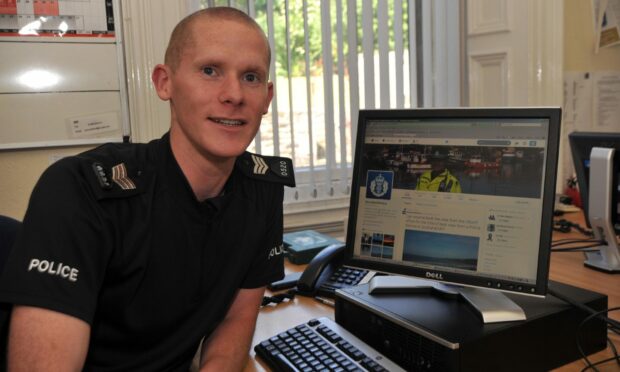
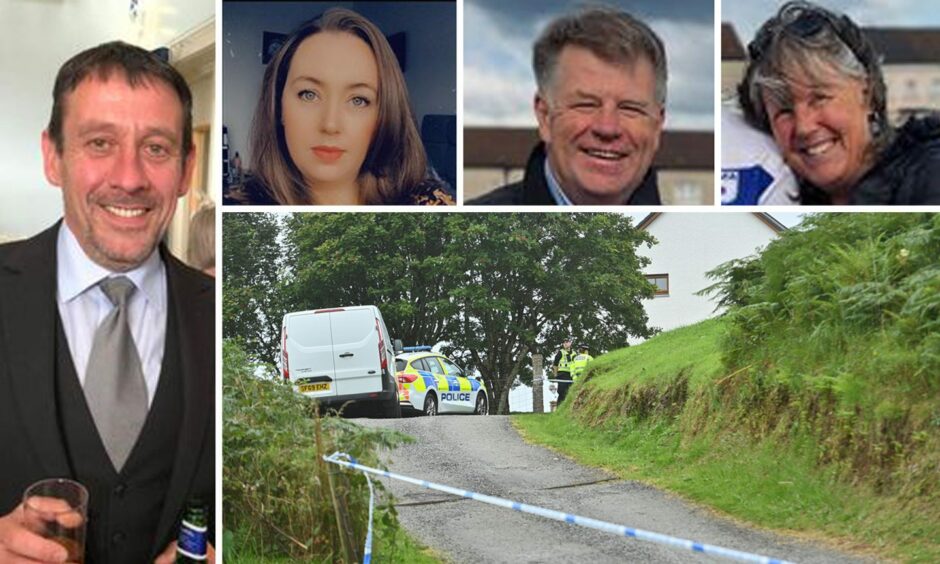
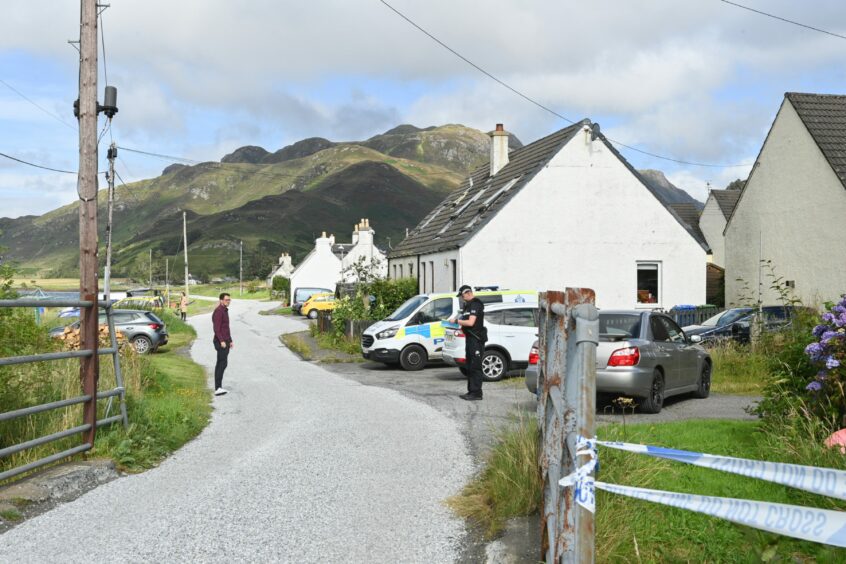
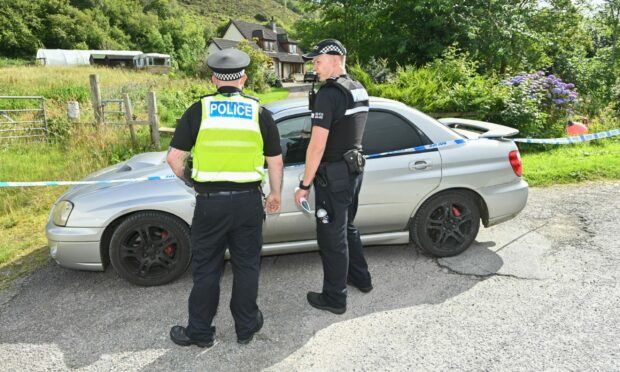
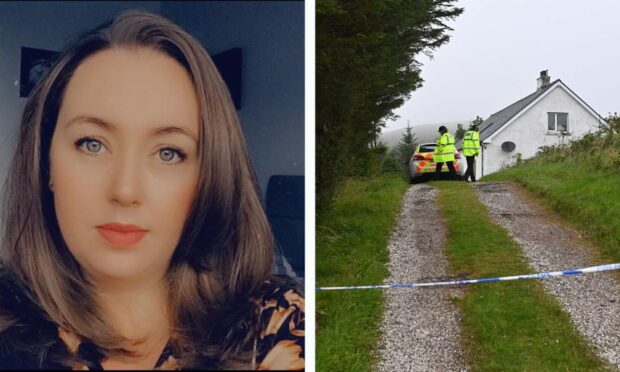
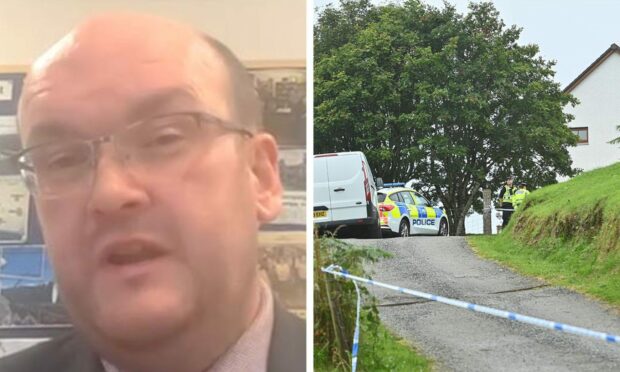
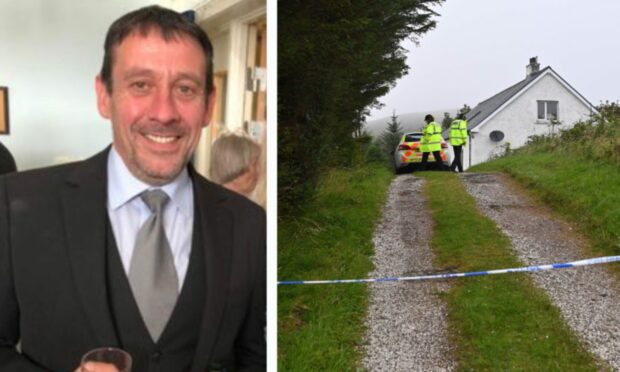
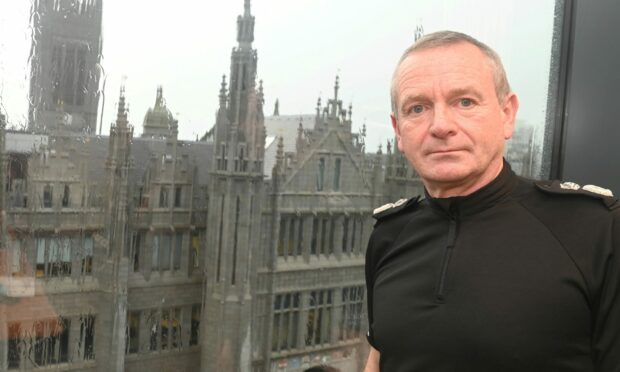
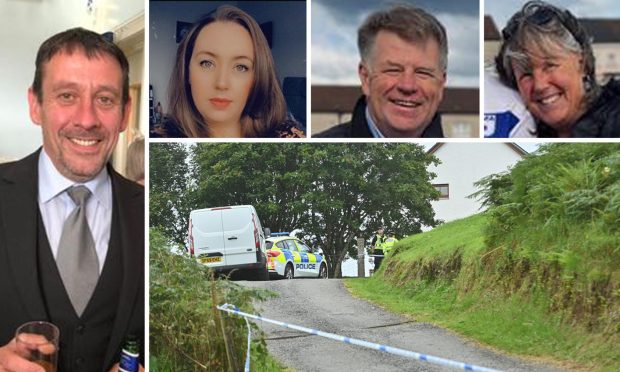
Conversation